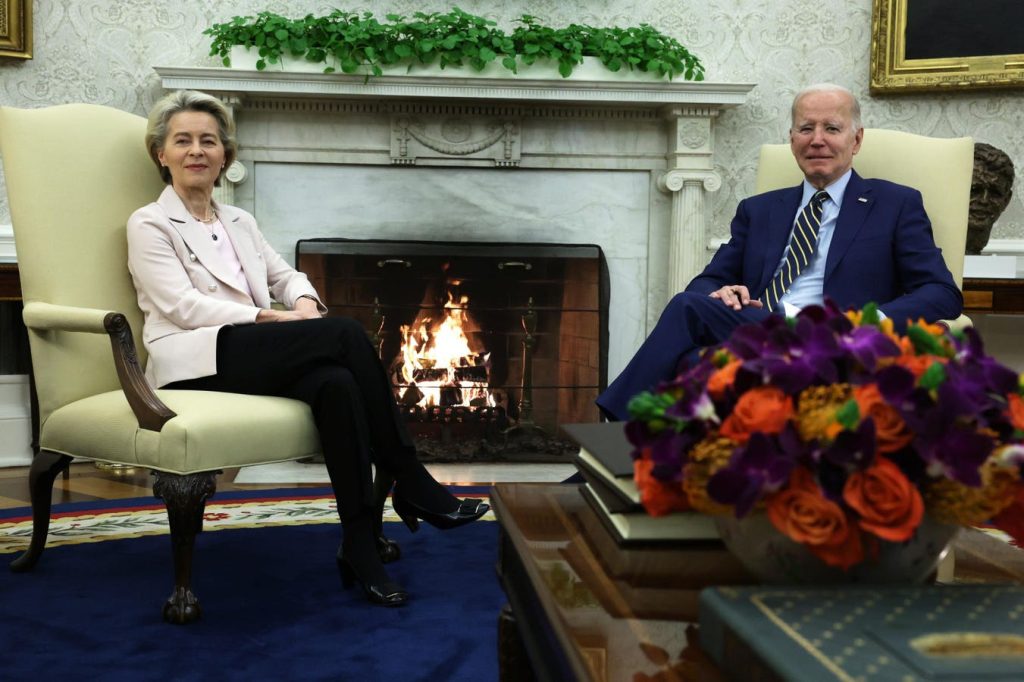2024 is set to be one of the busiest election years in history, with over 2 billion people in 50 countries expected to go to the polls. Several countries like Pakistan and Bangladesh have already held elections, with South Africa and India currently in the midst of their voting cycles. The next big event on the political calendar is the European Parliament elections in early June, where nearly 450 million people will be casting their votes. The top priorities for mainstream parties in Europe are security and defense, economic performance and competitiveness, and institutional reform.
Sustainability and investment are implicit within each of these core issues, and the Green Party’s manifesto is the only one that specifically mentions sustainable finance. This is a crucial aspect that other parties need to address in order to rectify the omission on their agendas. The election of 720 members of the European Parliament from across the 27 EU member states is incredibly important for the future of citizens and the climate. The policies agreed upon in Brussels over the next five years will have significant implications for Europe and the rest of the world.
While the climate transition is included in the agendas of all mainstream parties, particularly those on the center and left of the political spectrum, the Greens are the only ones to single out sustainable finance and specific related regulations. The incumbent European People’s Party (EPP) does not mention it in their manifesto. The Greens propose measures such as creating a Green and Social Transition Fund equivalent to at least 1 percent of EU GDP annually and regulating financial services to promote long-term investment in a green and social future. They also advocate revisiting the EU Green Taxonomy and reversing the decision to include gas and nuclear in the classification system for economic activities aligned with a 2050 net zero trajectory.
Sustainability is key to achieving aims such as security and defense, economic competitiveness, and the green transition. The transition towards clean and renewable energy and increased energy efficiency reduces international dependencies on fossil fuel markets and enhances security. The economic performance and competitiveness of countries depend on the development of new green industries, making the sustainability transition crucial. Institutional reform also benefits from sustainability, creating a supportive financial architecture to invest in emissions reduction and nature protection as required by the EU’s Climate Law.
The outcome of the European Parliament elections will determine the future of sustainability in Europe for the next five years. The new MEPs and the head of the EU executive, likely to be Ursula von der Leyen, will need to ensure that sustainability is at the heart of all policies and planning. This approach is not only beneficial for people and the planet but will also have positive ripple effects beyond environmental policy-making. The candidates vying for the European Commission presidency have agreed that there is no incompatibility between economic prosperity and the sustainability transition, emphasizing the importance of integrating sustainability into all aspects of decision-making.















